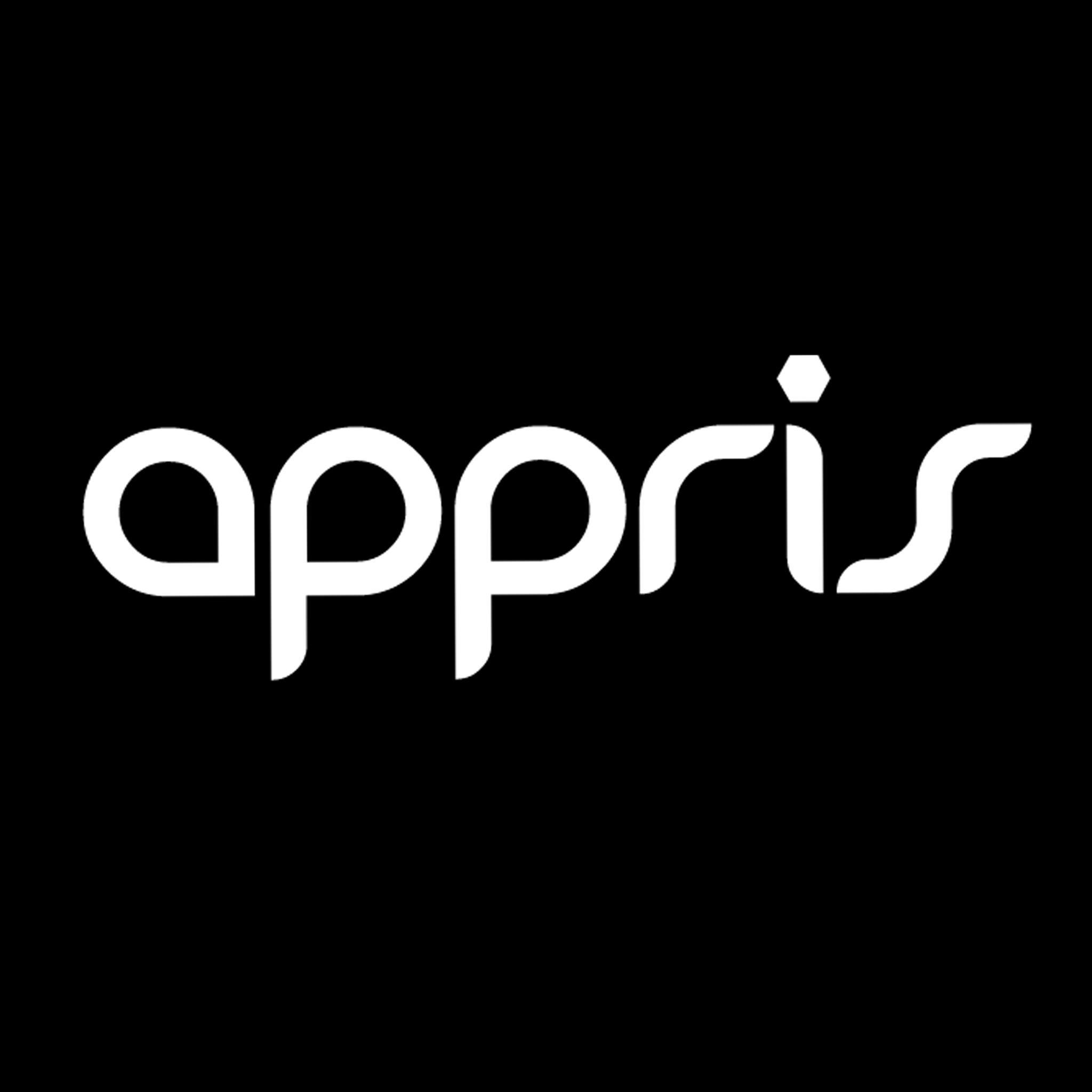The IOSH Working Safely course is for employees at any level, in any sector, needing grounding in the essentials of health and safety.

Course Objective:
Everyone at work should have an understanding of why they must ‘work safely’ and this course will provide this information.
Course Content:
Modules:
1. Introducing working safely
It’s not unusual for delegates coming on an introductory course to think that accidents only happen to ‘other people’. This module stresses the realities of the human suffering behind the statistics and emphasises the importance of personal responsibility.
2. Defining hazard and risk
This module puts ‘hazard’ and ‘risk’ into everyday language, and uses familiar examples to show what can happen. Importantly, it makes it clear that even something that is very simple or repeated over and over again can go wrong, with serious consequences. Focusing on the six broad hazard groups and risks they come across in their own work. ‘Risk assessment’ is demystified – delegates learn that we all carry out informal assessments day in, day out.
3. Identifying common hazards
All the main issues are covered in this module – entrances and exits, work traffic, fire, chemicals, electricity, physical and verbal abuse, bullying, stress, noise and the working environment, slips, trip and falls, and manual handling. Each area is backed by crystal clear examples and recognisable scenarios, and useful summaries reinforce the key learning points.
4. Improving safety performance.
This module deals with systems and processes, making sure that any jargon is explained in easily understood terms. The session bridges the gap between management and workforce, encouraging delegates to play a part in processes that are commonly seen as just down to their manager or supervisor. Other areas – including contract work, inspections, safe systems and permits, protective equipment, signage, emergency procedures, reporting and health checks – are all focused on from the delegate’s point of view.
Appris Charity is a not for profit, registered charity. Established in 1967 as a Group Training Association (GTA) that continues to be governed by engineering employers to this day. Appris Management Limited is a wholly owned subsidiary of Appris Charity Limited.
The heart of Appris’ business is apprenticeships, specialising in the delivery a range of apprenticeship standards that meet the needs of the region’s strategic objectives and skills agenda. With over 200 member companies and 500+ apprentices across West Yorkshire, Appris is the provider of choice for the engineering industry. Our WorldSkills winning apprentices are an international testimony to the quality of our provision.
What Makes a GTA Unique?
Since the 1960s Group Training Associations (GTAs) have provided solutions to the workforce development needs of employers large and small around the country, delivering high quality technical training and achieving success rates consistently above the national average, thereby creating real opportunities for many thousands of young people and adults to pursue worthwhile careers in industries critical to the UK economy’s growth.
Group Training Associations (GTAs) were first introduced as a result of the 1964 Industrial Training Act. During the 1960s, the Engineering Training Board (EITB) were responsible for founding a large number of the 40 GTAs still in existence, as a way of ensuring employers had access to high-quality Engineering technicians where they were needed around the country. In 2012, a ‘Commission of Inquiry into the Role of Group Training Associations’ was established, and the Commission report was authored by Professor Lorna Unwin of the Institute of Education. It concluded that:
“GTAs should be central to the Government’s plans for economic growth, rebalancing the economy, increasing the stocks of technician and higher level skills, and the expansion and improvement of apprenticeships.”
Group Training Associations deliver the robust governance and public good benefits of a college, with the best of employer responsiveness associated with private training providers. This is evident through the following characteristics:
GTAs are employer governed and therefore representative of employers demand
GTAs are not for profit, limited by guarantee organisations with surpluses re-invested into provision
GTAs support sectors contained in the Industrial Strategy that are identified for economic growth with a particular emphasis on STEM related areas
Provision predominantly available at GTAs is at level 3 and is learners have employed status from commencement
The GTA business model ensures income from commercial activities ranging from 50% to upwards of 80% of turnover. There is a synergy between the high-quality commercial work (training delivery, training consultancy, setting up and operating technical training centres) and the high-quality apprenticeship and study programme provision.
GTAs contextualise learning in environments that models a technology-rich 21st-century workplace, and which exude the professional standards and behaviours that reflect the best of modern working practices.
© 2025 coursetakers.com All Rights Reserved. Terms and Conditions of use | Privacy Policy